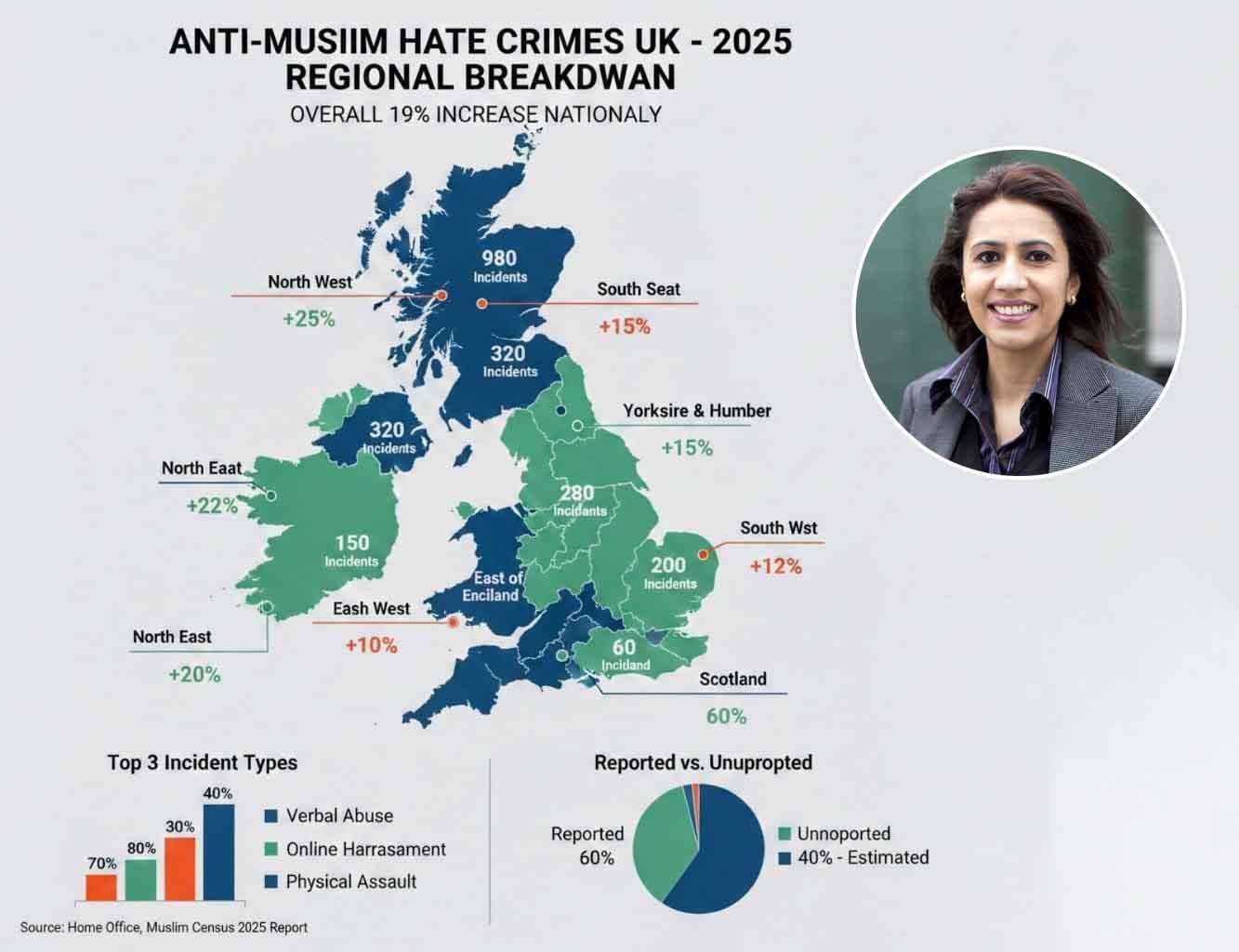Ministers have received advice not to revive Conservative proposals to start mass algorithmic bank account surveillance in order to combat benefit fraud.
Concerns over disability rights, poverty, pensions, and privacy are heightened by the possibility that the government may implement a "snooper's charter" by utilising automation and potentially artificial intelligence to combat benefit fraud and errors, which amount to £10 billion annually. They think it will deal a "severe blow to privacy in the United Kingdom."
They cautioned that forcing banks to check accounts for suspected activity would be a serious "intrusion into the nation's privacy, with potentially punitive consequences for vulnerable individuals" in a letter sent this week to Liz Kendall, the secretary of state for employment and pensions.
A fraud, mistake, and debt bill introduced by Keir Starmer last week requires banks to exchange account holder data that "may show indications of potential benefit overpayments."
Details are yet to be published. But the government is concerned welfare fraud is becoming more sophisticated and without new legal powers it cannot keep pace with the changing nature of fraud to tackle it robustly enough. It believes asking banks to share claimants’ data with the Department for Work and Pensions to help it tackle benefit fraud could help save £1.6bn over five years.
The previous Conservative bill did not make it through parliament before the July general election. Aiming to increase public and business confidence in AI tools, it was welcomed by some, including the technology industry and the information commissioner.
It also aimed to facilitate the flow and use of personal data for law enforcement and national security purposes. Aspects of the bill which focused on privacy rights and automated decision making were strongly contested.
Labour’s new bill could compel banks and other third parties to trawl the accounts of the entire population to target welfare recipients for monitoring. By its own estimation it would stop only about 3% of the total amount lost to fraud and error.
Such mass financial surveillance powers would be “disproportionate”, according to the signatories of the letter to Kendall, which included leaders of Disability Rights UK, Age UK, Privacy International, Child Poverty Action Group and Big Brother Watch.
“Imposing suspicionless algorithmic surveillance on the entire public has the makings of a Horizon-style scandal – with vulnerable people most likely to bear the brunt when these systems go wrong,” they wrote to Kendall, referring to the Post Office software that resulted in the wrongful imprisonment of post office operators. “Pensioners, disabled people, and carers shouldn’t have to live in fear of the government prying into their finances.”
The National Audit Office spending watchdog estimates that over 70% of government agencies are either piloting or preparing to deploy artificial intelligence (AI), which coincides with the warning.
Welfare algorithms are not perfect. The summer brought revelations that over 200,000 people had been falsely identified for fraud and error by DWP software, which was being investigated.








.svg)


